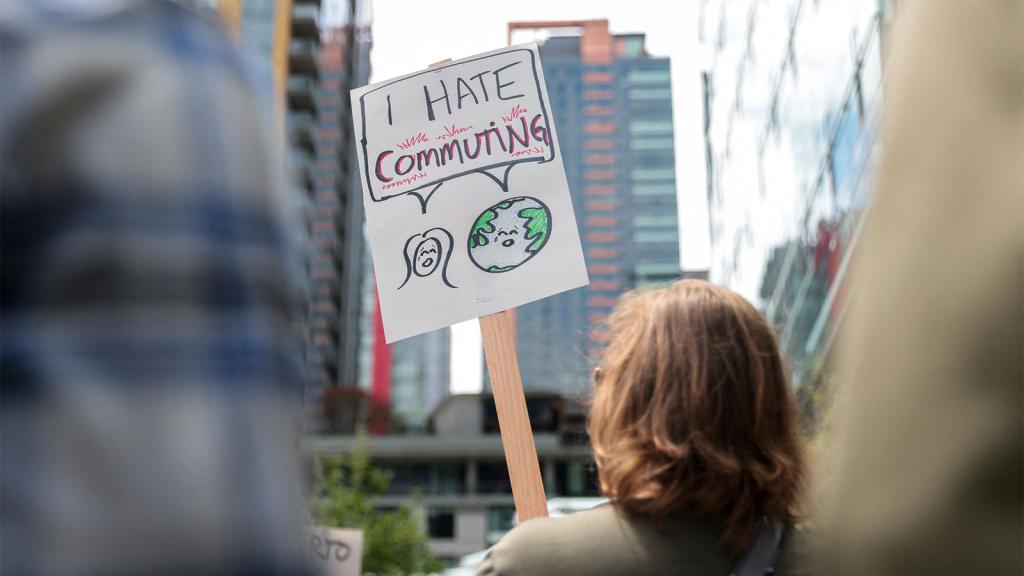People forget that Margaret Mead’s overused quote about small groups being able to change the world doesn’t necessarily imply “in a good way.”
Here’s an interesting interview to think about when you next read something from folks like the National Assn. of Manufacturers, the Competitive Enterprise Institute, or Bjorn Lomborg:
In the 18th century elites predominated among the politically active. So it was natural for the founding fathers to worry mainly about faction while blissfully overlooking fanaticism or the problems of followership. Given the 20th century experience with authoritarian rule one wonders, however, whether contemporary government structures or ideas about democracy suffice. Clearly, for exactly the wrong reasons, the Cheney-Bush administration thinks not. We really must get into the details of who’s doing what to us (and why) if we wish to avoid terminal difficulties.
For that I turn to a pioneer in the study of authoritarianism, Dr. Bob Altemeyer, who frames the problem in an accessible way — please see his recent e-book (PDF) — yet communicates a most vexing, profound message: a small, energetic, organized minority that’s impervious to reason will always do harm to everybody else. Given the influence to match their ambition they will wreck the planet. It’s a critically important insight. The question (for which I don’t have an answer) should be what to do about them.
Total runtime here of an hour and forty two minutes. Please think carefully about this one and redistribute widely.

